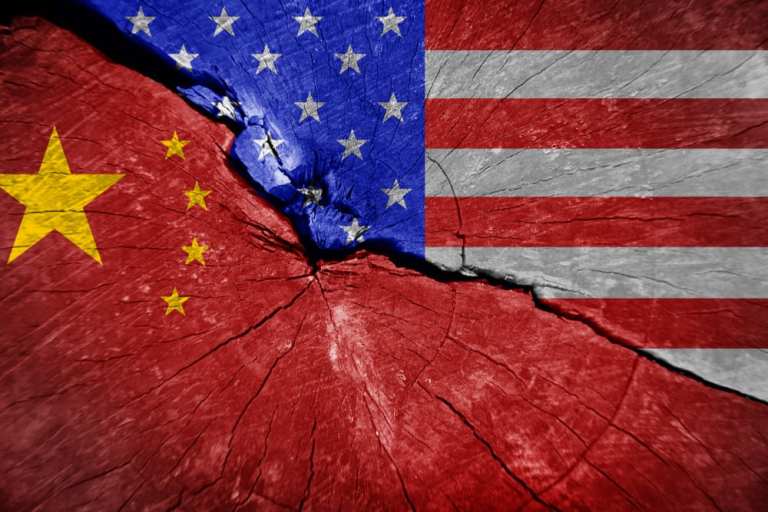New China/US Cold War Fought Over X-Border Deals

Only a few decades ago, the Cold War was fought between the United States and the former Soviet Union by speeches, spying and the looming threat of nuclear annihilation.
Now, the adversary is China, and the weapons of choice are tied to tech, data, deal-making and very large price tags.
Intellectual property is the new strategic asset and export. China’s recently amended rules on how its tech can be used in other countries shows how the reported deal in the works for TikTok to sell its U.S. arm can be slowed down (or possibly derailed?).
As has been reported, China expanded its list of technologies that face export restrictions. As CNBC noted, it was the first time such exports had been “updated” since 2008. The list now includes a few new technologies – 23 additions, in fact – such as chip design and voice recognition.
In a sign of the bureaucratic hoops that must be jumped through, China’s Ministry of Commerce has mandated that if companies want to export the technologies that are on the list, those firms must first get a license from the Chinese government.
Among the technologies on the revamped list, per CNBC translation: “recommendations of personalized information services based on data analysis.”
That strikes right at the heart of the intrigue as to why, for example, Walmart and Microsoft are reportedly interested in joining forces to buy TikTok’s U.S. operations. As we noted in this space earlier on Monday, Walmart no doubt sees the allure of buying a conduit to eCommerce personalization (which has been spreading like wildfire for the retailing behemoth) and housing promotions and wares in a cloak of social media. It’s a bid to get younger users and to vie more directly against Amazon for those users’ share of mind and share of wallet.
“We believe a potential relationship with TikTok U.S. in partnership with Microsoft could … provide Walmart with an important way for us to reach and serve omnichannel customers as well as grow our third-party marketplace and advertising businesses,” said Walmart in a statement last week. “We are confident that a Walmart and Microsoft partnership would meet both the expectations of U.S. TikTok users while satisfying the concerns of U.S. government regulators.”
The problem now is that ByteDance has said it will “strictly follow” China’s new export controls. That means in this case, the U.S. is receptive to a deal (with the caution that TikTok, as it has operated in the States, has been a security threat because it might be able to send U.S. users’ data to China) – but China wants to keep algorithms (and, importantly, source code) strictly in-house, so to speak.
Hotels, Too
Elsewhere in tech land – and in further evidence of cross-border deal-making (and tensions) between China and the U.S., The Wall Street Journal reports that hotel operator MCR Development is eyeing a September deal closing that would see the company buy Chinese hotel property management software company StayNTouch for $46 million.
In this deal, we see similar echoes of national security concerns – where the Trump administration has said that leaving the software company in Chinese hands represents a threat to U.S. national security (the platform lets guests check in via mobile devices). We wonder if some of the recently debuted tech restrictions might have implications for this deal, too.
We’re down the road a bit from the U.S. government’s decision a year ago to squelch Ant Financials’ bid to buy MoneyGram for $1.2 billion. But it’s the same road. In past years and decades, Chinese firms have put stakes in the ground in the U.S. – for example, WeChat bought a controlling interest in Riot Games, based in California. Tencent has a stake in gaming firm Pocket Gems, as noted by Wired.
With China tightening the reigns on tech exports, the government is effectively limiting Chinese firms’ ability to expand (especially in the U.S.) – but it’s no stretch to think that the limitations will increasingly run both ways, where “imports” of U.S. tech offerings will be snared in a bureaucratic glare (more so than they already are).
The Cold War, then, gets frostier, with perhaps an eventual chilling effect on eCommerce, on platforms and on the increasing great digital shift – as least as rendered through the U.S./China corridor.